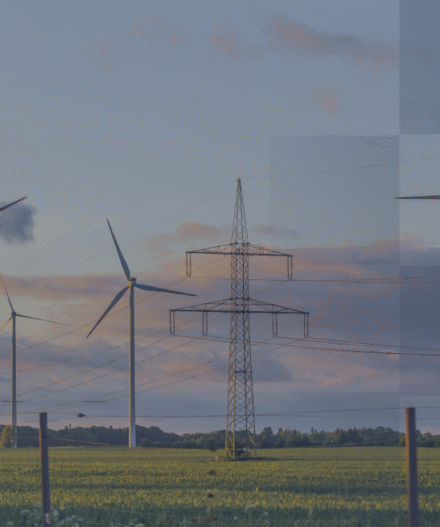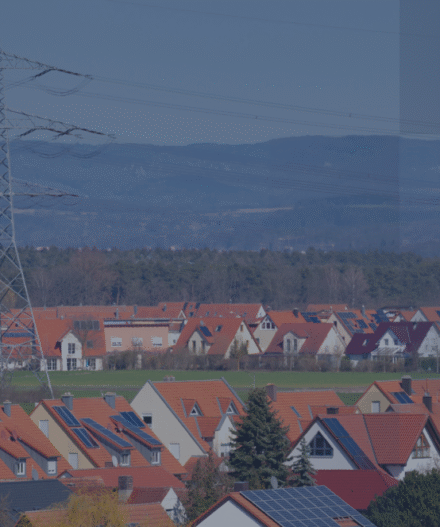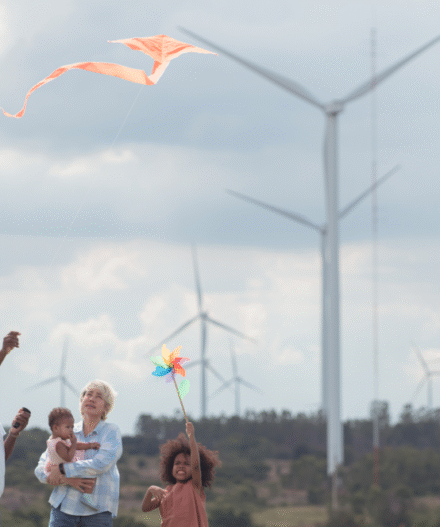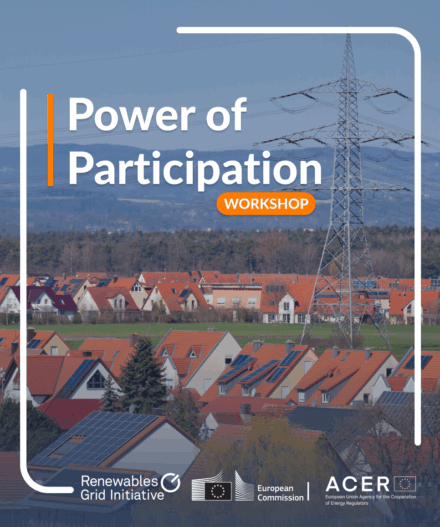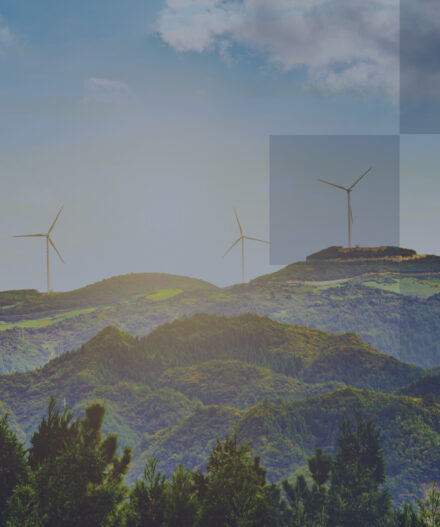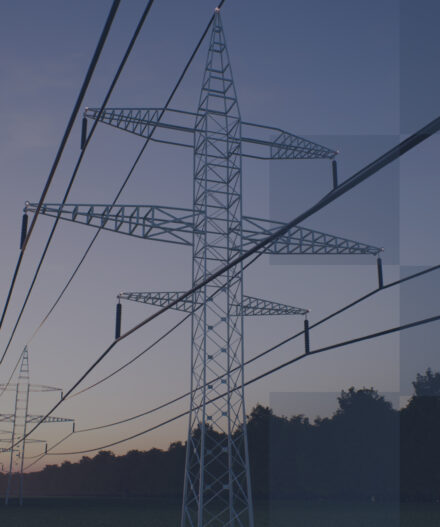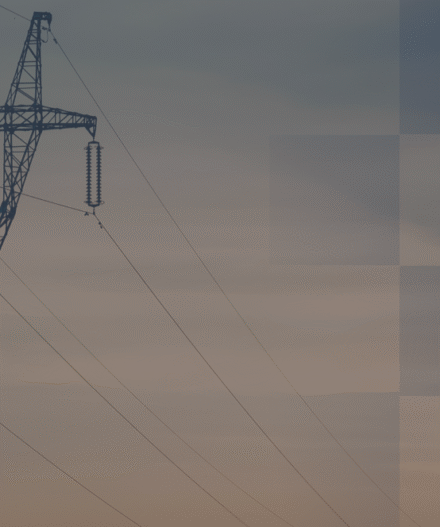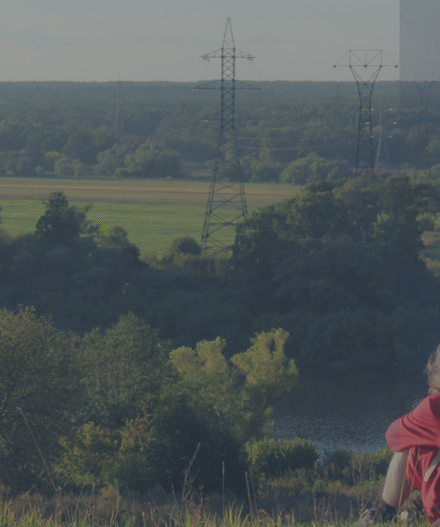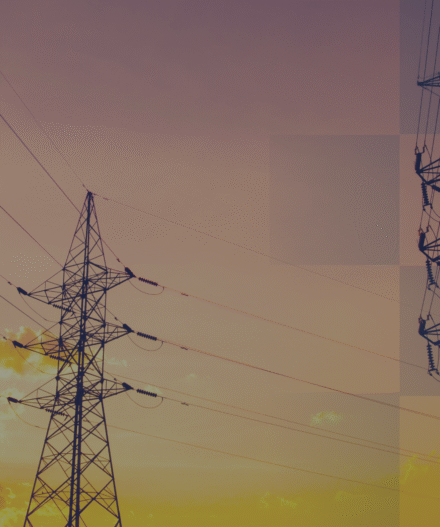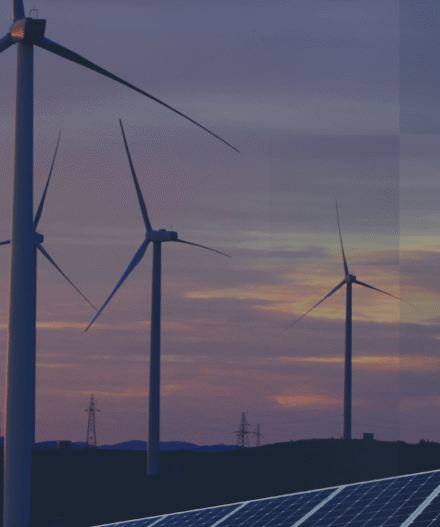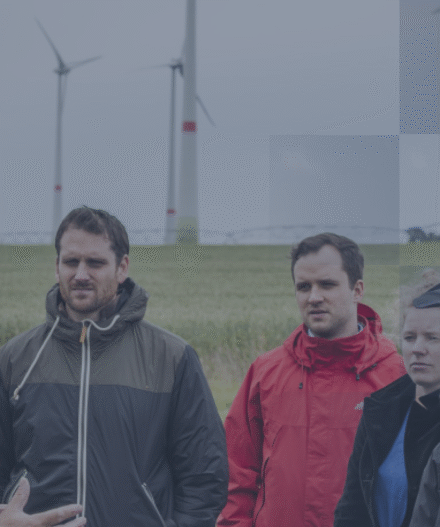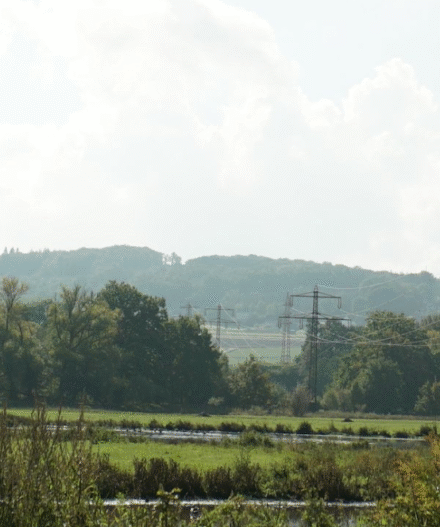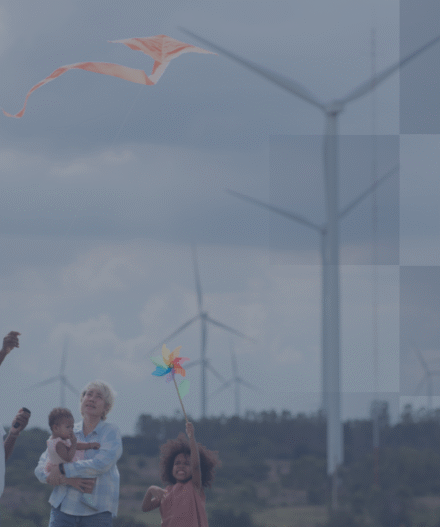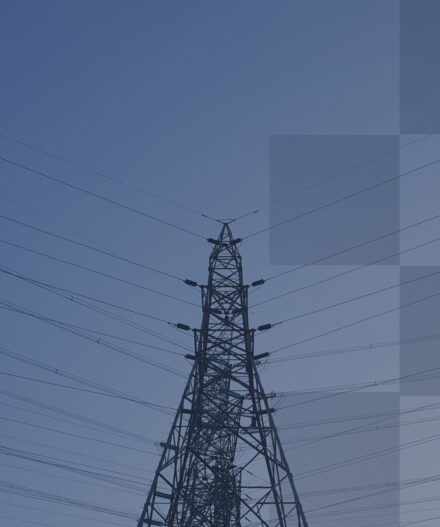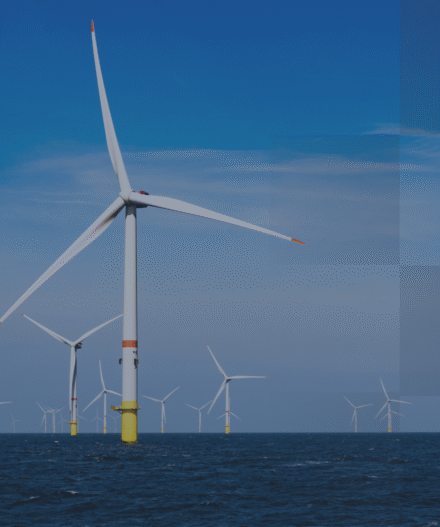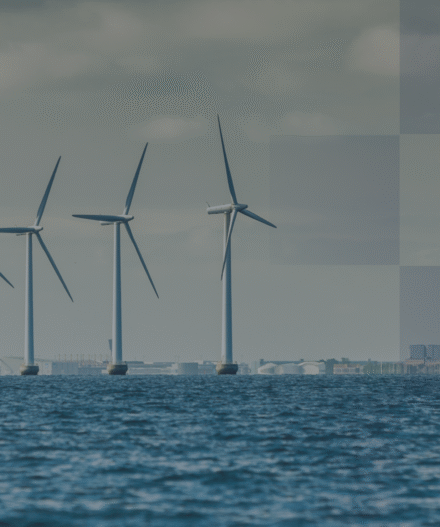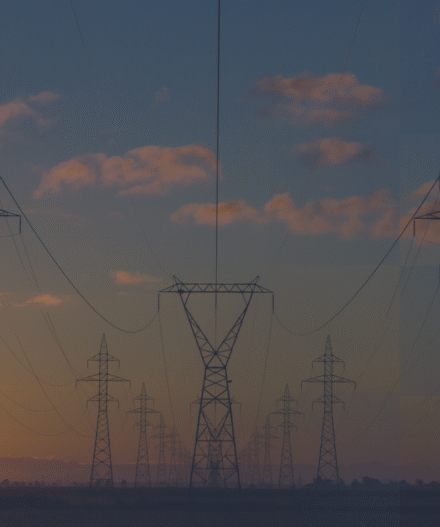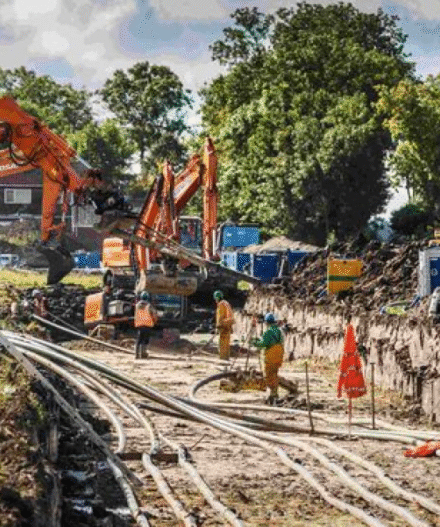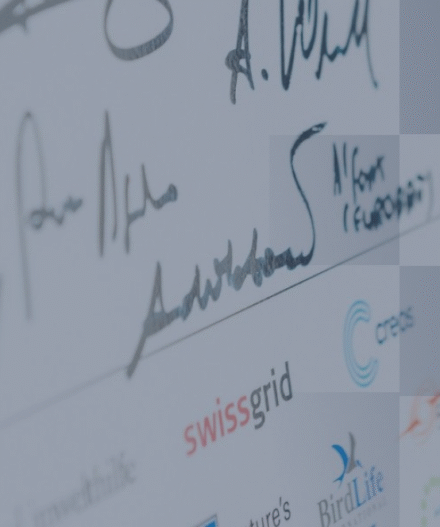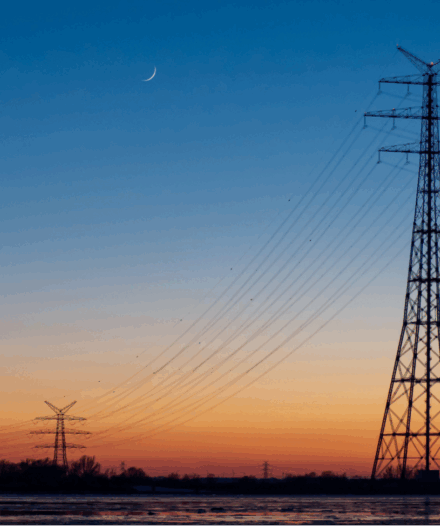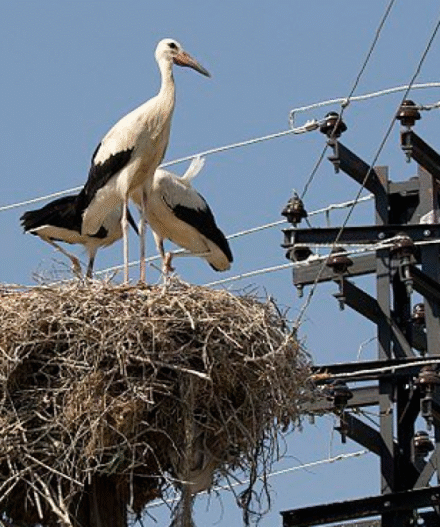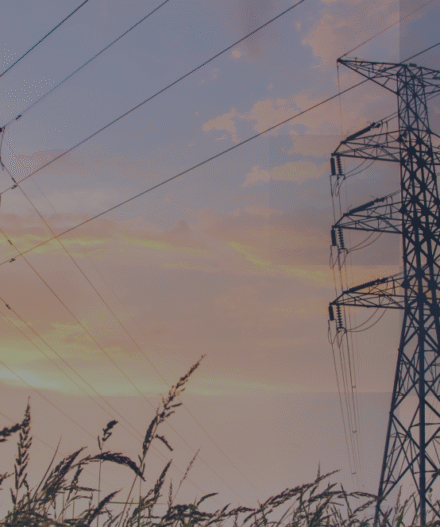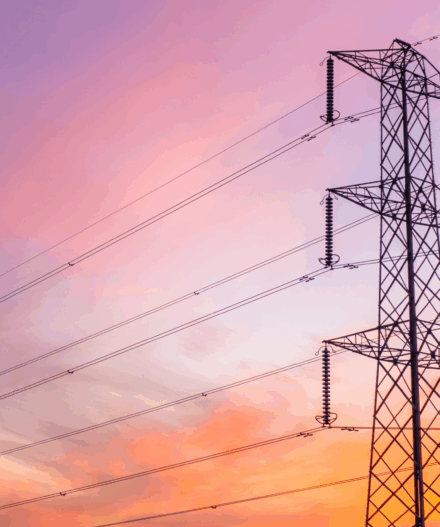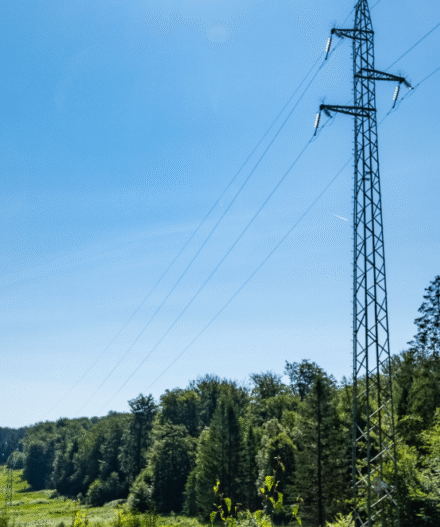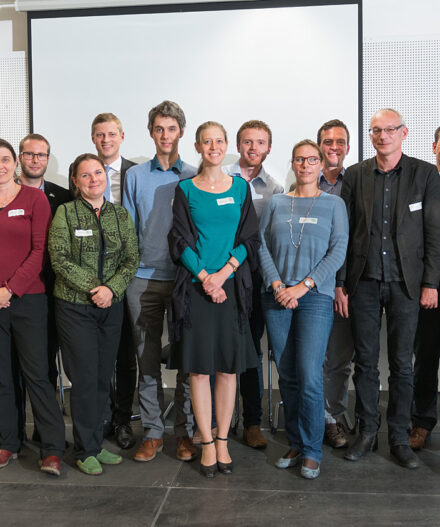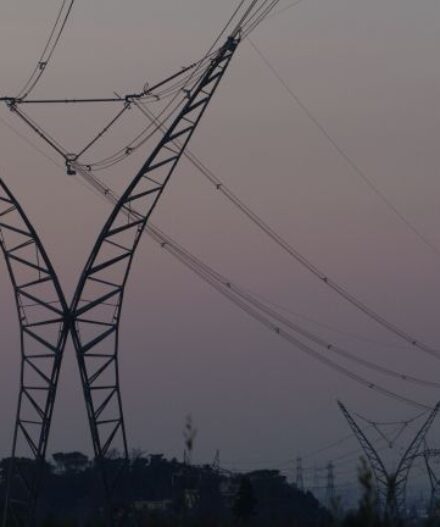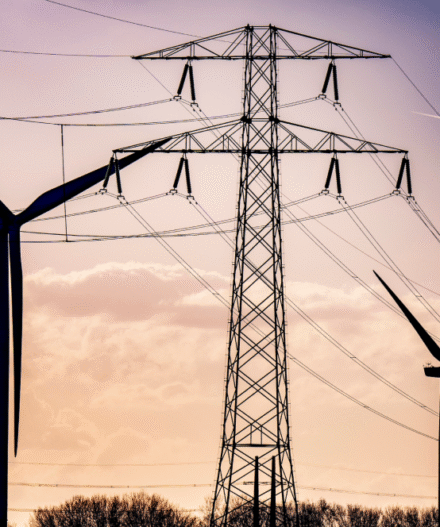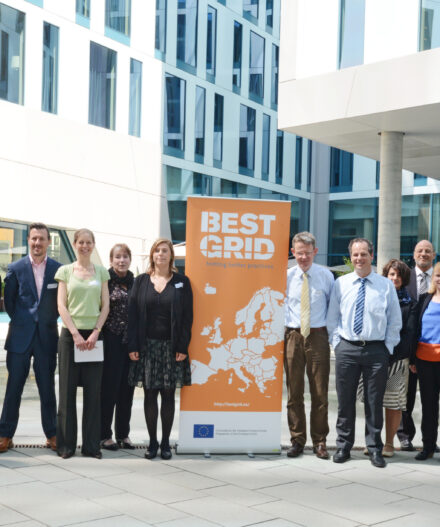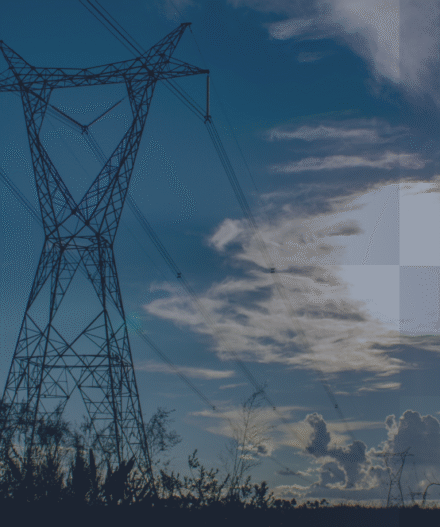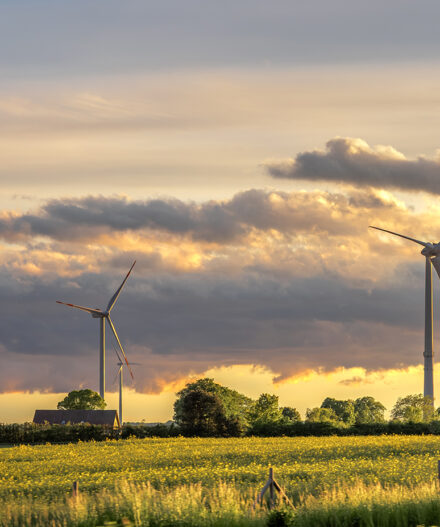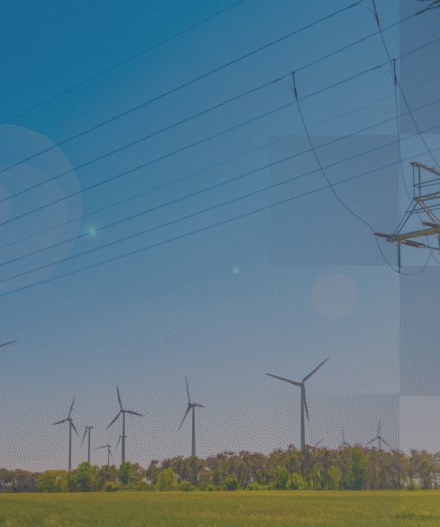In order to achieve the goals of the Paris Agreement, Europe’s energy system must be transformed as quickly as possible to become climate neutral.
This means, in the medium term, that the electricity system must be based 100% on renewable energies, with the weather-dependent energy sources of wind and solar playing a central role. In order to be able to operate the energy system with a very high share of solar and wind in a safe and stable manner, it is necessary, among other things, to develop the electricity grid throughout Europe.
Exactly how much grid expansion and reconstruction is necessary and how the associated energy system of the future should be designed is the result of consideration of various other goals: It must be as fair, economical, secure in supply and nature-friendly as possible, while enabling participation and co-determination. In order to weigh up these goals and the means by which they can be achieved, a dialogue involving society as a whole is necessary.
Because of this, we consider it necessary to facilitate and shape the debate on the need to expand the transmission grid between various civil society actors and in the public arena. In this collaborative project under the umbrella of RGI, the German NGO Germanwatch enters into an exchange with local and regional actors and initiates a corresponding dialogue at the federal level.
‘Shaping the Grid Debate’ aims to promote a socially just and environmentally compatible transformation of the energy system. The project has been initiated to provide a neutral platform for interested, potentially skeptical actors to engage in a dialogue, thereby deepening a culture of constructive communication.
Goals of the project
01
Enable public participation in energy infrastructure planning (participatory procedures, two-way communication)
02
Building trust between the different actors on the basis of scientific analysis
03
Establish a constructive culture of debate and promote cooperation
04
Demand and establish transparency in the electricity grid debate
05
Evaluate and discuss network expansion scenarios with regard to climate targets
This follows the principles of the European Grid Declarations, a series of declarations which united 29 of Europe’s largest environmental NGOs and grid operators in a pledge to work in partnership to ensure that energy transition can be achieved hand-in-hand with environmental protection, transparency and public participation. The project “Shaping the Grid Debate” takes place in the context of RGI’s programme “Implementing the European Grid Declaration.”
Note: This video was filmed in Summer 2021. Since then, some of the staff involved in the project have left Germanwatch, while others joined the team.
Project implementation
In the context of the project ‘Shaping the Grid Debate,’ Germanwatch has been in contact with local stakeholders since 2017. This has been accompanied by a dialogue at federal level. A central element of this dialogue is the series of perspective-change workshops: these enable an exchange between a wide range of actors in order to jointly sound out the requirements and obstacles of the future energy system. A detailed description and results of the workshops can be found here (in German).
So far, perspective change workshops covered the following topics:
- “Grid expansion – a change of perspective”, on 18 January 2018 on the topic of the reconstruction and expansion of transmission grids.
- “Implementing the connected-cellular approach for a decentralised & digital energy transition: Why and how?”, on 18. November 2018 as part of the ‘Bits und Bäume’ conference in Berlin. Key actors, political framework conditions and technical aspects that could contribute to the implementation of the cellular energy system were identified.
- “How can we implement the connected-cellular energy transition?”, on 23 January 2019 on the topic of challenges and obstacles of a networked-cellular energy system.
- “What is the connected-cellular approach?” on 8 October 2019 on the topic of applying the subsidiarity principle using the example of reactive power provision.
- “Making sector integration concrete: Innovation potential power-to-gas?”, on 22 and 23 April 2020 on the role of power-to-gas in the future energy system. Find further information here (in English).
- “Reforming electricity grid tariffs: For justice and innovation – how could it work?”, on 8 and 9 June 2021 on the potential for a regulatory reform of grid tariffs to make room for social justice and technological innovation. Read more here (in English).
- “Perspectives on the acceleration of planning and permitting processes for electricity grids and renewable energies”, held on 11 June 2022 brought together 25 actors from NGOs, think tanks, science and renewable energies to discuss the shifting landscape of energy infrastructure in Germany, to meet the target of an entirely renewables-based energy system by 2035. Read more here (in German).
- “Impacts of Energy Sharing on the Electricity Grid” was held in October 2022 in collaboration with the Citizens’ Energy Alliance (BBEn – Bündnis Bürgerenergie) and Friends of the Earth Germany (BUND e.V.). The workshop goal was to discuss Energy Sharing, including its definition, which financial incentives would be necessary, and the impacts it could have on the grid. Read more here (in English).
Through a large number of publications, the project contributes to making the debate on the modification and expansion of the transmission grids more objective:
01
An Argumentation Map provides an overview of the debate whether/why HVDC transmission systems should be built. The mapping of the arguments was done in close exchange with local and federal stakeholders.
02
The Öko-Institut’s meta-study “Decentralisation, Regionalisation and Power Lines“, conducted a spart of the project by the Renewables Grid Initiative, compares current studies on decentralised electricity systems and grid expansion.
The background paper “Electricity grids in Germany: the system, the grid operators and the grid tariffs” (in German) provides a practice-oriented introduction to the topic and makes the discourse on the necessity of the conversion and expansion of electricity grids accessible to interested people.
03
The background paper “Electricity grids in Germany: the system, the grid operators and the grid tariffs” (in German) provides a practice-oriented introduction to the topic and makes the discourse on the necessity of the conversion and expansion of electricity grids accessible to interested people.
Project outcomes
contact
Mara Zainea
mara[at]renewables-grid.euManager – Communication




